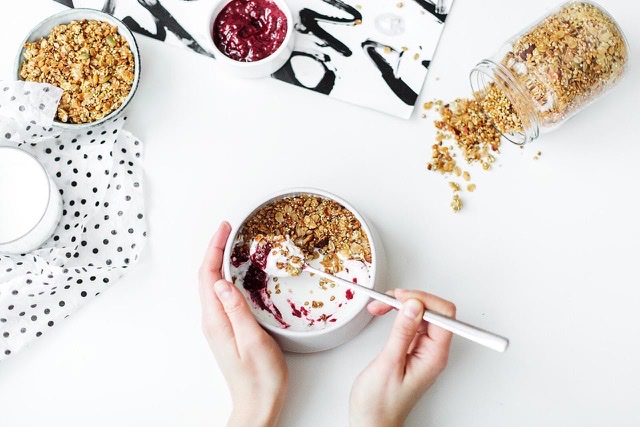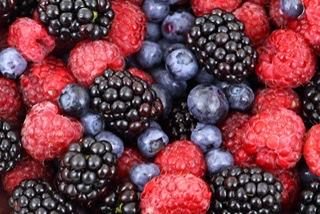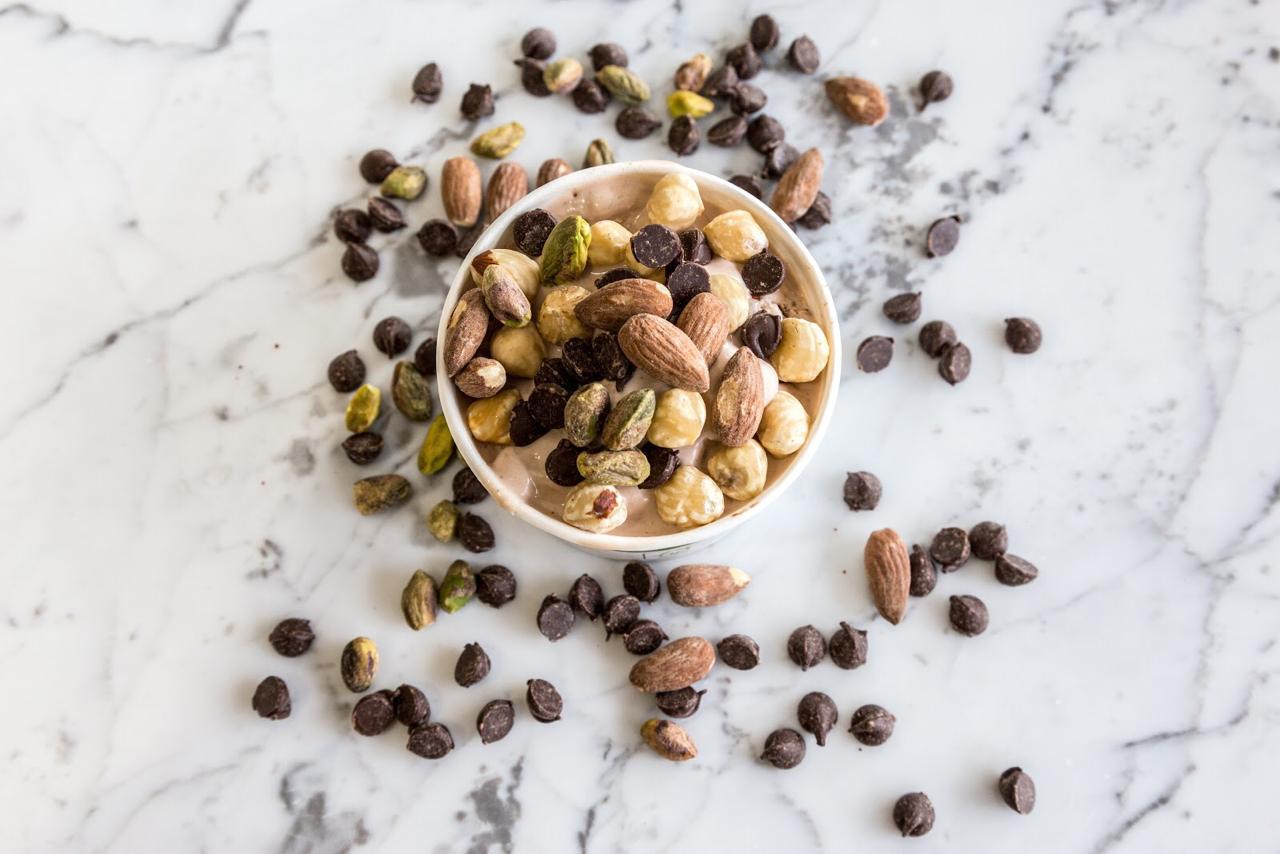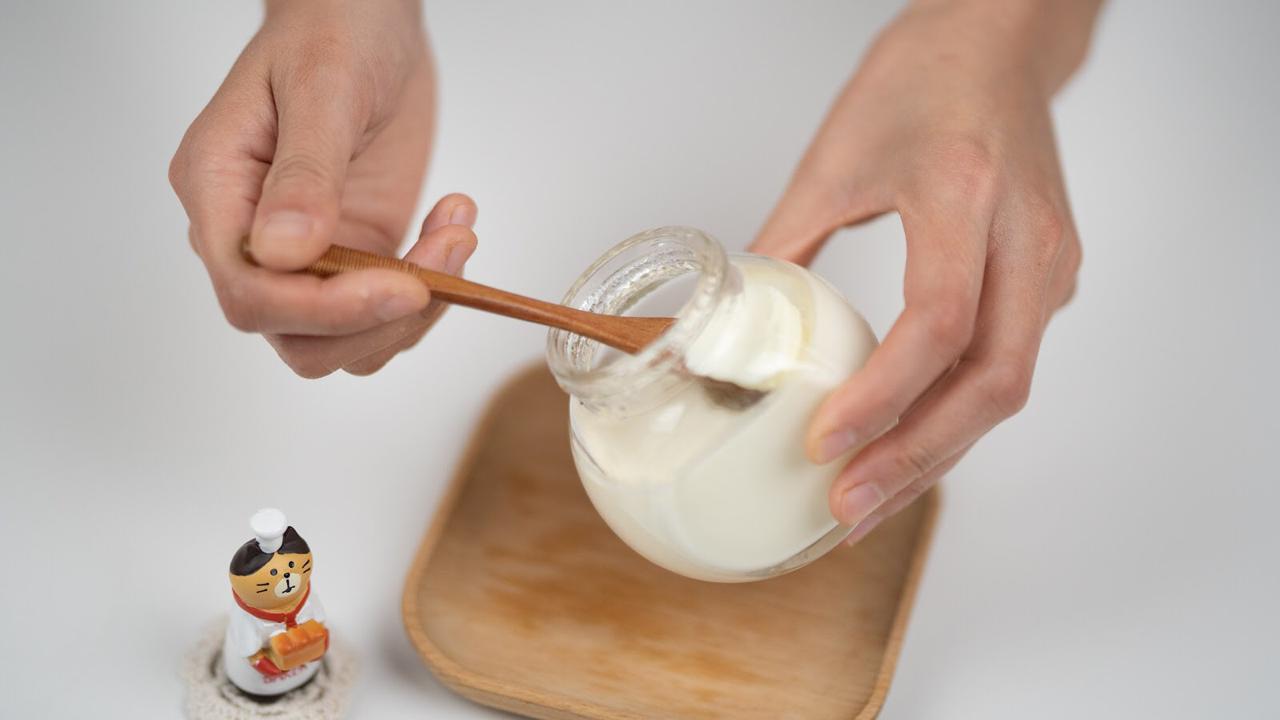Hello, dew treats visitor; in the previous article we discussed the most common psychiatric disorders in teenage and childhood, we will continue talking about Mental health food and psychiatric disorders in pregnancy, aاso we will delve into the coronavirus pandemic and its effect on our health; our article mainly discusses how to fight psychological problems by food; enjoy reading guy's.

Psychological problems during pregnancy:
Dew treats advice for you if you plan to be pregnant, is to put your plan with a psychiatrist if you have any mental health problems.
You should know how pregnancy could affect your mental health and the effect of your mental health on your pregnancy, you should also discuss taking your psychotropic medication during pregnancy.
In this article, we will discuss the most common psychological problems during pregnancy.
Depression
From time to time, the mum may forfeit the interest in her baby during her pregnancy, She may suffer from depression in a form of upset, insomnia, and anorexia.
Antenatal appointments
Mental health problems can cause missed appointments, if this happens you may miss important health checks.
Postnatal depression
During mum’s first year with her baby, she may be anxious or depressed. The signs begin with her baby delivery and maybe vanished quickly. If The symptoms last longer, the psychiatric diagnoses it as postnatal depression and begin with a certain treatment.
Signs of postnatal depression may include;
-
Sadness
-
Loss of interest to the world
-
Feeling tired
-
Sleeping disorders
-
Eating disorders
-
Suicidal thoughts
Postpartum psychosis
A rare psychiatric disorder that may affect women after delivery and may require specialist help.
In this article, we will discuss how we can cope with stress in pandemic to keep our mental health?

Coping with stress in coronavirus pandemic:
Pandemics could be stressful especially with isolation measurements that make people feeling isolated and stressed; coping with stress will make you stronger.
Stress during a pandemic can cause;
-
Fear and worry
-
Eating and sleeping disorders
-
Difficulty in concentration
-
Worsening in the case of patients with chronic and mental diseases
One reacts by a different way to stress; people who may be affected strongly by stress include;
-
People at high risk of coronavirus as older people and people with chronic disease
-
Teens and children
-
Health care provider
-
People with mental health problems
-
People who have a disability
-
People socially isolated from others
Knowing the facts about coronavirus will reduce stress; it is important to take care of your mental health; people with mental health problems should continue with their medication and notice if there is any worsening in their conditions and call a health care provider.
People are more likely to have suicidal thoughts in crises like the coronavirus pandemic; to overcome these thoughts, a person should have family support and connection with the community.
Recovery from coronavirus and end of home isolation will give you a different of emotional reactions that include;
-
Relief
-
Stress from your experience with coronavirus and monitoring by others
-
Anger because your loved one have fear of getting a disease from you
-
Guilt about the inability to perform a daily task while having coronavirus
-
Worrying about re-infection with the virus
-
Emotional and mental health changes
The mood can be influenced by stress, sleep, environment, and nutrition; let's start talking about food that can enhance your mood to preserve your mental health.
Healthy foods that enhance your mood:
Eating certain healthy foods shows enhancement of mood and brain health; here we will briefly discuss them;
Bananas

Bananas help in mood enhancement as they are rich in vitamin B6 which helps in the synthesis of dopamine and serotonin which are called happiness neurotransmitters.
Bananas contain fibers paired with sugar so sugar is released slowly in the bloodstream, hence better mood control; notice that bananas with green peel have prebiotics that feed healthy bacteria in the gut and so fewer mood disorders.
Fatty fish

Omega-3 fatty acids aren't produced by our bodies, so they should be taken in our diet; fatty fish such as salmon and tuna are a good source of fatty acids that have been shown to play an important role in brain development and cell signaling.
Dark chocolate

Dark chocolate is rich in compounds that enhance mood; its sugar improves mood; it may release a cascade of compounds like caffeine and theobromine that improve mood; it also contains flavonoids that increase blood flow to the brain and improve brain health.
Oats

Oats are a whole grain that can keep you in a good mood; they are rich in fibers that allow slow release of sugar in the bloodstream; it is also a source of iron as low iron intake is associated with mood disorders.
Berries

Generally eating fruits and vegetables is associated with a low rate of depression as they are rich in antioxidants; berries contain antioxidants and phenolic compounds that combat oxidative stress; berries with a purple color contain anthocyanins that lower the risk of depression symptoms.
Nuts and seeds

Nuts and seeds contain a high amount of proteins, healthy fats, and fibers; they also contain tryptophan which is responsible for producing serotonin that enhances mood; almond, sesame, peanuts, and sunflower seeds are a good source.
Certain nuts and seeds contain zinc and selenium which is important for brain function and linked to a high rate of depression; almond and pine nuts are a good source.
Coffee

Caffeine in coffee increases attention and alertness by preventing adenosine from attachment by brain receptors that promote tiredness; it also increases the release of dopamine.
Fermented food

Fermented food increases gut health and mood; the process of fermentation releases prebiotics that increases serotonin levels.
Finally, our dew treats for you today are to boost your mood by healthy foods instead of high calories foods that may negatively affect your mood; hoping for better mental health and life for you.



You must be logged in to post a comment.